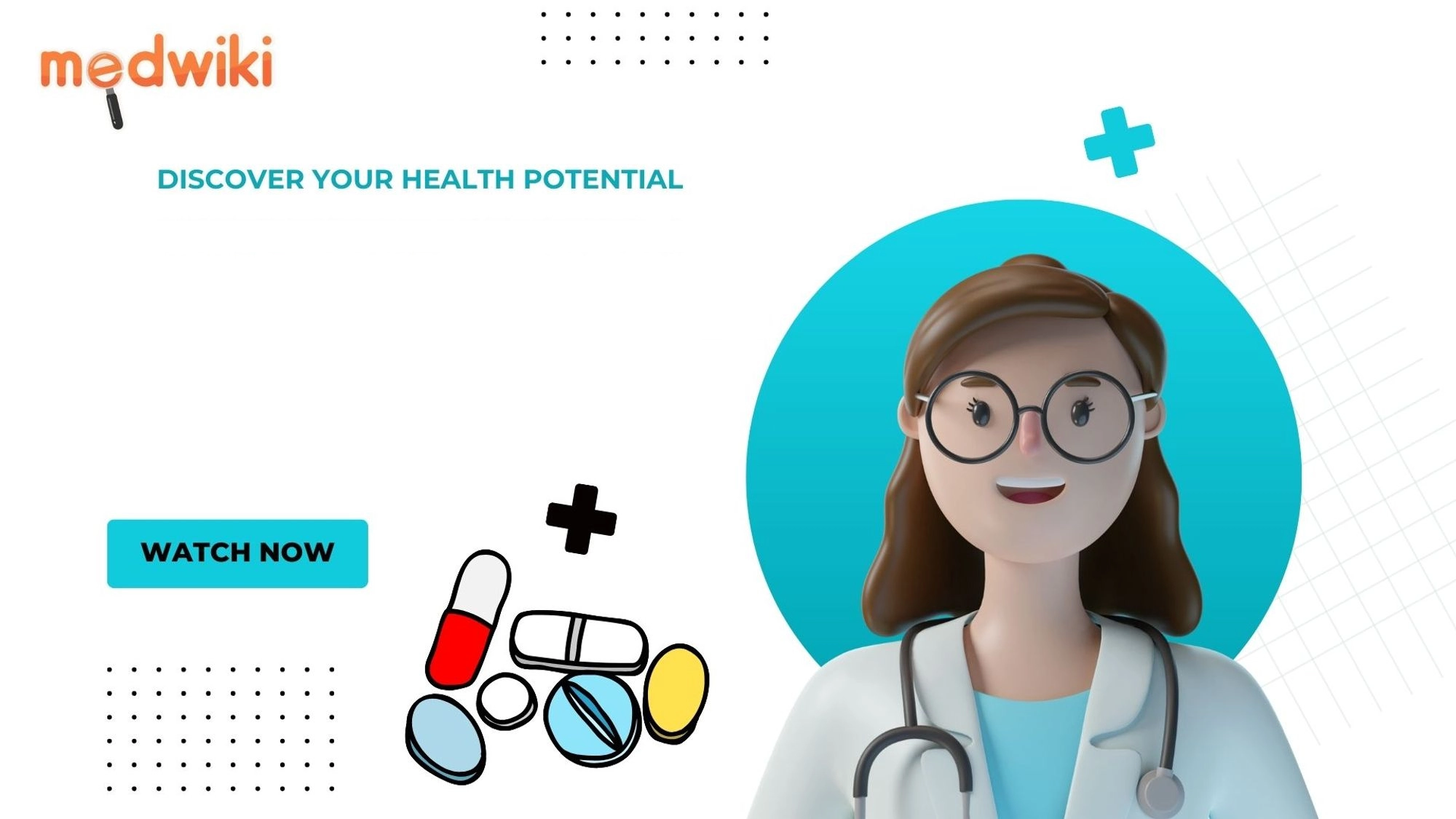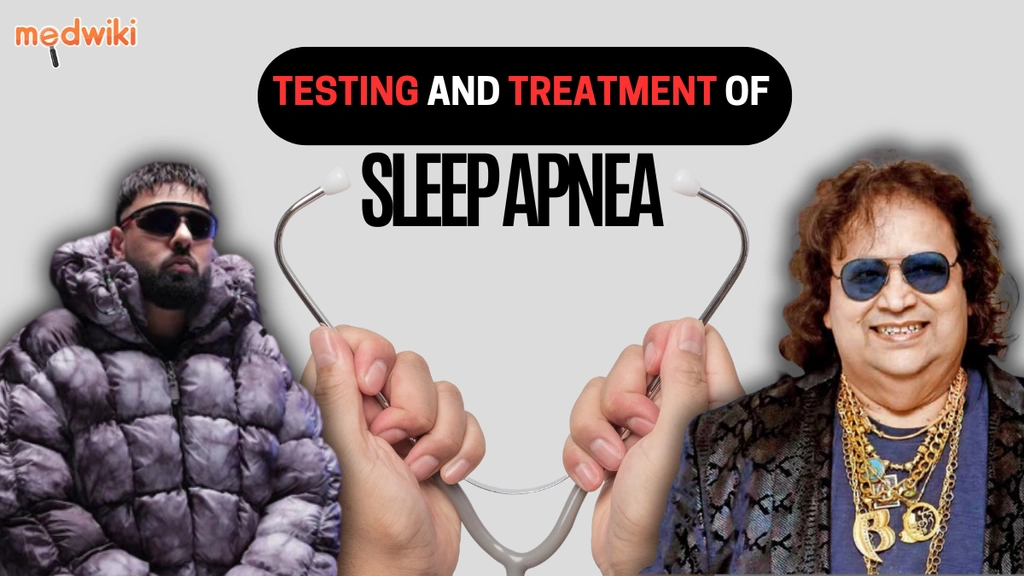Pepticool 40 Tablet
Introduction to Pepticool 40 Tablet
Related Faqs

Are painkillers safe to take along with Pepticool?
Yes, it is safe to take painkillers along with Pepticool. Pepticool prevents acidity and stomach ulcers associated with the intake of painkillers. Pepticool is taken 1 hour before a meal. On the other hand, painkillers are usually taken with, or after a meal to avoid stomach upset.

What is Pepticool used for?
Pepticool is used for the treatment of peptic ulcer disease, reflux esophagitis or gastroesophageal reflux disease (GERD). Pepticool prevents acidity associated with use of painkillers. It is also used to treat a disease associated with excessive acid production in the stomach known as Zollinger Ellison syndrome (ZES). It works by reducing the amount of acid made by your stomach and thus relieves your symptoms.

Is a single dose of Pepticool sufficient?
No, a single dose may not be sufficient. However, with only a few doses of Pepticool you may get relief with the symptoms. Pepticool is usually needed only for a short term or upto 2 weeks for heartburn, indigestion, acid reflux. However, if need arises, such as for treating peptic ulcer disease and Zollinger Ellison syndrome (ZES), Pepticool may be prescribed for a long term duration as well. Please consult your doctor if you do not feel better even after taking Pepticool regularly for 2 weeks as prescribed.
Disclaimer : This information is not a substitute for medical advice. Consult your healthcare provider before making any changes to your treatment . Do not ignore or delay professional medical advice based on anything you have seen or read on Medwiki.
Pepticool 40 Tablet
Prescription Required
Packaging :
strip of 10 tablets
Manufacturer :
Invision Medi Sciences Pvt LtdComposition :
Pantoprazole (40mg)
















.svg)